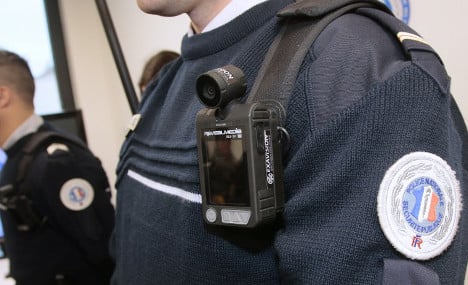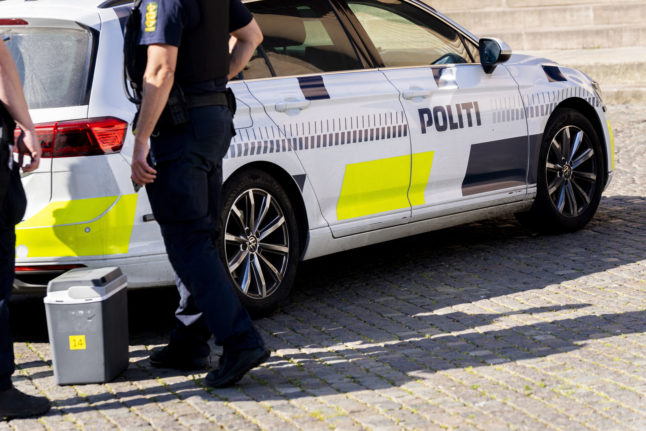Bernard Cazeneuve wants all police out on patrol to wear body cameras or “cameras-pedestrian” that will be able to film police operations live.
The cameras will be part of an officer's uniform and be placed somewhere on the body, whether on the belt or around the neck.
Around 1,900 are already in use in France, in high crime areas of towns and cities after they were launched on an experimental basis in 2012.
But the minister wants all officers to be equipped with them in future.
“This would be a guarantee for citizens as well as for the police,” said Cazeneuve, who was presented with a mini-camera on Friday as he opened a new police station in Mureaux, near Paris.
He said the cameras acted as “protector” and a “calming tool” and could help develop better relations between the police and the public.
If the police and the public know they are being filmed it may persuade people to act differently.
A recent incident when a policeman was seen punching a student protester caused outrage and led to further trouble as well as landing the officer in hot water.
That incident was caught on amateur mobile phone footage (below) and gathered over 2 million hits. But perhaps the officer would have restrained himself if he had known his actions were being filmed live with his own camera.
Up to this point the cameras are used for operations in particularly sensitive areas, but under law police are not allowed to use them when entering private property.



 Please whitelist us to continue reading.
Please whitelist us to continue reading.
Member comments